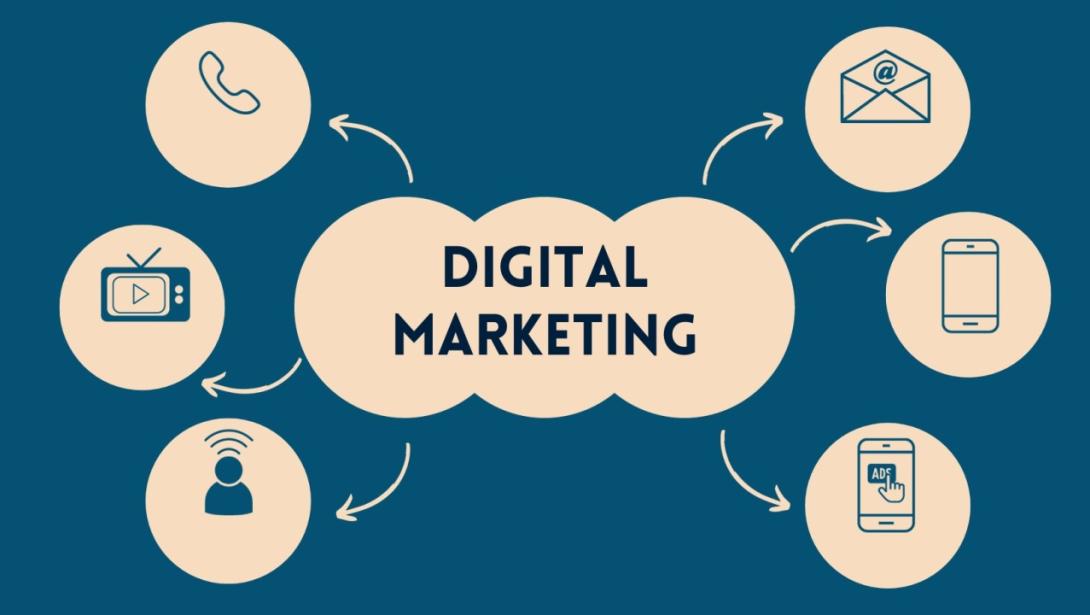Digital marketing refers to the use of digital channels, platforms and technologies to promote products, services, brands or organizations to target audiences. Unlike traditional marketing that relies on commercials, television commercials, and direct mail, digital marketing uses online websites and digital media to reach customers online.
Web Marketing: Design and develop websites to attract visitors, provide valuable content, and change customer expectations. This includes search engine optimization (SEO), user experience (UX) design, and conversion rate optimization (CRO). Ranking on search engine results pages (SERPs) for relevant keywords. SEM includes pay-per-click (PPC) advertising and search engine optimization (SEO) strategies. .
Advertising marketing includes creating organic ads, running paid ads, and audience tracking. and retain your target audience.
Content marketing is designed to inform, entertain or motivate consumers without directly supporting the brand. Email marketing can include newsletters, promotional offers, product updates and regular email campaigns.
Influencer marketing uses an individual's credibility and influence to promote a brand.
Affiliate marketing relies on third-party websites, blogs or social media to increase traffic and conversions.
Mobile marketing is designed to reach consumers via smartphones and tablets. (YG). It provides a variety of tools and technologies to reach and engage consumers throughout the purchasing process in an increasingly digital world.
